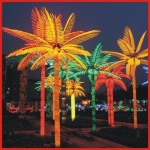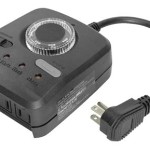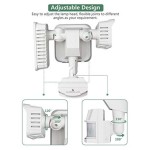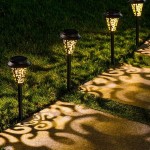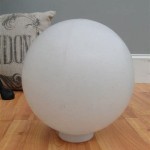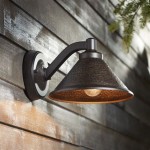Are LED Lights Good for Outdoor Use?
LED (Light Emitting Diode) lights have revolutionized the lighting industry in recent years, and their suitability for outdoor use is a question that many people have. LED lights offer several advantages that make them an excellent choice for outdoor applications, including high efficiency, durability, and long lifespan. In this article, we will explore the essential aspects of using LED lights outdoors and provide insights into their benefits and potential drawbacks.
Advantages of LED Lights for Outdoor Use
1. Energy Efficiency: LED lights are highly energy-efficient, consuming significantly less power compared to traditional lighting sources like incandescent and fluorescent bulbs. This energy-saving feature can result in substantial cost savings on electricity bills, especially for outdoor areas that require extended lighting hours.
2. Durability: LED lights are built to withstand harsh outdoor conditions, including extreme temperatures, moisture, and vibration. Their solid-state construction makes them resistant to breakage and damage, ensuring reliable performance for prolonged periods.
3. Long Lifespan: LED lights have an exceptionally long lifespan of up to 50,000 hours or more, which is significantly longer than other lighting technologies. This extended lifespan reduces the need for frequent lamp replacements and maintenance, minimizing downtime and labor costs.
Factors to Consider for Outdoor LED Lighting
1. IP Rating: The IP rating (Ingress Protection) indicates the level of protection a LED light fixture has against dust and water. For outdoor use, it's essential to choose fixtures with a high IP rating, typically IP65 or higher, to ensure they are resistant to rain, dust, and other environmental factors.
2. Lumens and Color Temperature: The lumens rating determines the brightness of the light, while the color temperature influences the shade of the light emitted. For outdoor areas, it's important to consider the desired level of illumination and choose the appropriate color temperature to enhance visibility and create a suitable ambiance.
3. Ambient Temperature Range: Some LED lights may have specific operating temperature ranges. When selecting LED lights for outdoor use, ensure they can withstand the temperature fluctuations experienced in your location. Extreme cold or heat can affect the performance and lifespan of the lights.
Conclusion
LED lights offer numerous advantages for outdoor use, including energy efficiency, durability, and long lifespan. By considering factors such as IP rating, lumens, color temperature, and ambient temperature range, you can choose the appropriate LED lights that meet the specific requirements of your outdoor space. The energy savings and extended lifespan of LED lights make them a cost-effective and sustainable lighting solution for any outdoor application.

Can Led Lights Be Used Outdoors Bpm Electric

The Advantages Of Outdoor Led Lighting

The Complete Guide To Outdoor Led Strip Lights Lighting Access

What Is The Best Led Color Temperature For Outdoor Lighting

What Led Light Is Best For Outdoors Ledmyplace

Outdoor Led Lighting Exterior Light Fixtures E Conolight

Guide To Exterior Lighting Commercial Led Outdoor

Waterproof Linear Led Light Bar Fixture 195 Lm Ft 1ft 2ft Super Bright Leds
24v Programmable Led Guardrail Tube Light Ip67 Outdoor Waterproof

Outdoor And Backyard Lighting We Love Reviews By Wirecutter
Related Posts
